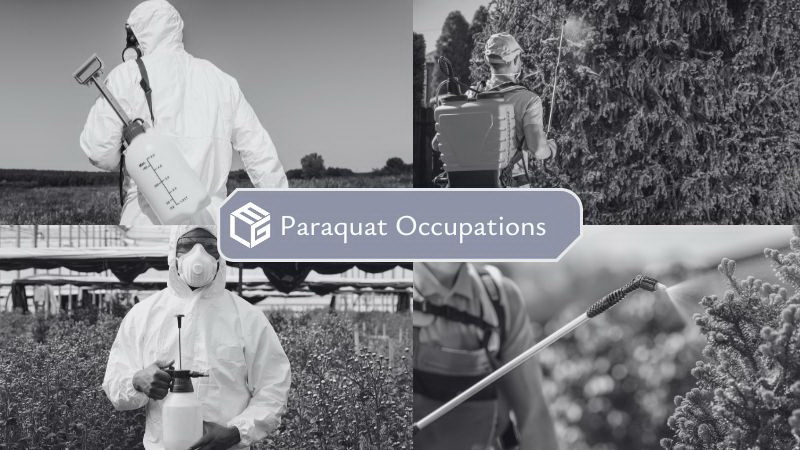-
About »
- Insulin MDL
-
Cases »
- Diseases
- Testimonials
- Government
- Contact
- Get Help Now
-

Designated as ‘essential workers’ by state governments, farmworkers represent one of the most vulnerable groups to paraquat exposure in the United States. With approximately 3 million farmworkers nationwide, including 2 million family farmworkers and 1 million hired farmworkers, these individuals work in jobs ranked among the most dangerous occupations. Farmworkers apply over 8 million pounds of paraquat annually on more than 100 types of crops, including row crops, orchards, fruits, and vegetables.
Despite the EPA's Agricultural Worker Protection Standard, designed to protect farmworkers from hazardous pesticides, the agency admitted over a decade ago that even with full compliance, risks to farmworkers still exceed acceptable levels. Sustained exposure to this highly toxic herbicide puts farmworkers at serious risk for Parkinson's disease and other adverse health effects.
Over 1.1 billion pounds of agricultural chemicals are used annually in the United States, and pesticide exposures on non-residential farms cause thousands of illnesses every year. Farmworkers face exposure to paraquat through multiple pathways.
Concentrated or undiluted versions of paraquat pose even greater poisoning risks. The herbicide's neurotoxic properties target the brain's dopamine-producing neurons, leading to the progressive nervous system disorder known as Parkinson's disease. As the condition worsens over time, patients eventually become bedridden or wheelchair-bound, requiring constant care during the final stages of illness.
Because paraquat is classified by the U.S. Environmental Protection Agency as a restricted-use product, only certified occupational pesticide users with specialized training may legally apply it. Despite these restrictions, farmworkers handling the herbicide were never adequately warned by manufacturers about the risk of developing Parkinson's disease. The following brands were commonly used on farms across the country, exposing thousands of workers to this neurotoxic chemical.
Farmworkers who developed Parkinson's disease due to paraquat exposure during their work are entitled to seek compensation from liable manufacturers. Environmental Litigation Group, P.C. is equipped with experienced attorneys who can help farmworkers who have been affected by the use of this herbicide file claims. A family member may help with the legal process if the worker is too ill to do so on their own. A surviving family member can pursue a claim if the farmworker dies before compensating them, and they are entitled to funeral expense reimbursements and damages.
ELG Law will review your case to confirm eligibility based on your exposure history and Parkinson's diagnosis. Parkinson's disease manifests through various symptoms that worsen progressively, including tremors, difficulty with movement and balance, changes in handwriting and voice, loss of smell, sleep disturbances, and postural changes.